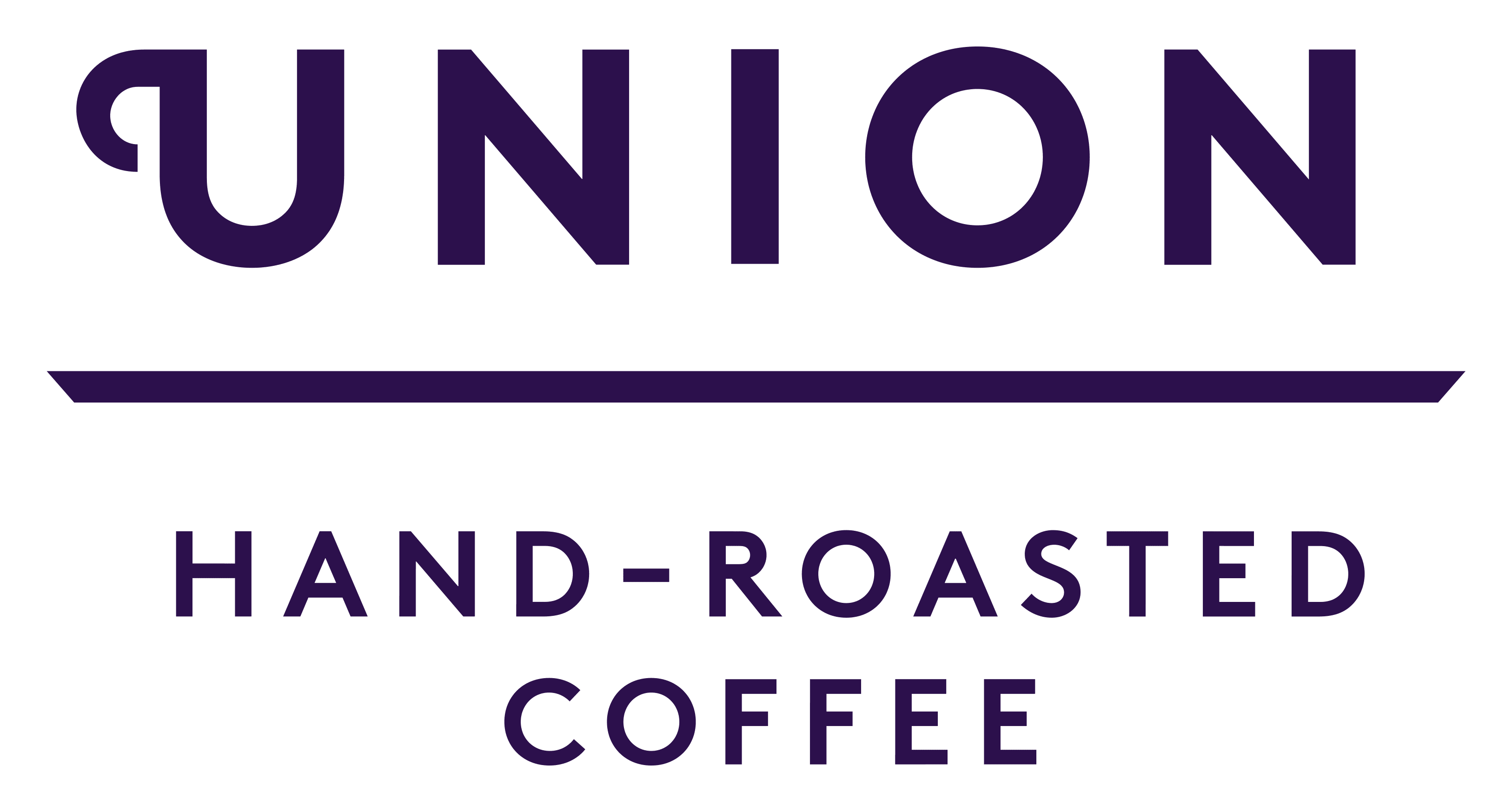No child should work, and every child has the right to receive education and time for play.
Throughout the world, 218 million children are in some form of work. This includes the coffee sector, as identified on Dispatches (Channel 4, 2nd March 2020).
At Union, we believe child labour is not acceptable in the coffee supply chain and we support any initiative to raise awareness around fair and ethical practice in coffee production.
Whilst we agree these issues should be raised, unfortunately, Dispatches fell short on covering the complexity of ethical purchasing practices.
It is controversial to state that any coffee buyer working in Guatemala, visiting farming cooperatives, smallholder associations and larger estate farms, will have seen children on the farm.
The coffee harvest time falls mostly during the school holidays. Parents often travel to farms and live there during the harvest season, and naturally will bring their children along. Children will be expected to stay with their parents whilst they work during the day (in the absence of any other form of daycare). It is both normal and understandable that parents want their children close-by if they are working on the farm. However, children should not be the ones carrying out the work.
Guatemala also faces structural issues with its education system. In remote rural areas, it is an unfortunate fact that few children go to school. And this is even more apparent especially within vulnerable indigenous communities, estimated to represent 40% of the population.
The educational system in Guatemala faces many challenges, primary completion rate is 80%. Of those who complete primary, few move on to secondary. This means there are a lot of children between the ages of 12 and 15 (the age at which they can legally start work) that do not go to school. This is a structural societal issue. Small scale farmer co-operatives, such as the ones featured in the documentary, should receive support so they can raise awareness amongst their members about the importance of children continuing their education and providing a future for themselves. Ceasing to buy coffee from these farmers is not the solution to this problem.
It is concerning that Nespresso’s reaction is to issue a statement affirming that they will stop buying from the region and investigate allegations made against their purchasing model. The first rule in development economics is “do no harm”. Withdrawing from the region altogether and cutting the revenue flow to coffee farmers makes the situation worse for Guatemalan children, not better.
Because of their size, the big multinationals have the leverage to engage with governments, labour inspectors and International Labour Organisations. They can work with these agencies to implement change.
We should also not point the finger only at Starbucks and Nespresso. They are identified in the Dispatches documentary due to traceability of their supply chain. Café chains and coffee suppliers who have an untraceable supply chain have avoided these allegations and escaped these issues.
At Union Hand-Roasted we work closely with the farmers we source from. We purchase our coffee through Union Direct Trade, our ethical sourcing initiative which requires farmers to sign-up to our Code of Conduct. Our Code clearly states that child labour is not acceptable yet recognises the complexity of the situation in the field. Children under 15 should be in school, but we also acknowledge that they are allowed to help their parents, outside school hours.
In Guatemala, during the harvest, it is normal for farms to use migrant workers who bring their families. We work with a farm in Guatemala where we discovered, by visiting our producers on the ground, that children were present in the field with their parents. The pickers said there was nowhere for their children to go whilst they were working.
Instead of no longer purchasing coffee from the farm, we addressed this by collaborating with farm management to create a childcare facility where children could be in a safe environment, with responsible teachers looking after them. Yet even when these facilities are provided, not all parents want to send their children to the school. This requires education of the parents and we are still exploring how we can develop this approach further.
A danger of secretly filming on a farm and “exposing it” is that it stops farm owners from speaking openly about the problems they face in fear that the buyer will stop buying, and that makes it even worse for the farmer and their workers. A response from farmers, government authorities or the National Coffee Association of Guatemala should have been sought. The question, how do we eliminate child labour in the coffee sector, should be asked to these relevant stakeholders.
And in the end, of course, we cannot forget that paying a fair price for the coffee we consume is fundamental to provide everyone in the supply chain with a sustainable livelihood - all of us as consumers need to be prepared to pay that price, and to demand more transparency in supply chain from the brands we buy.
For more information;
In 2012, we wrote about child labour in the coffee sector and presented the issue at various industry events.


